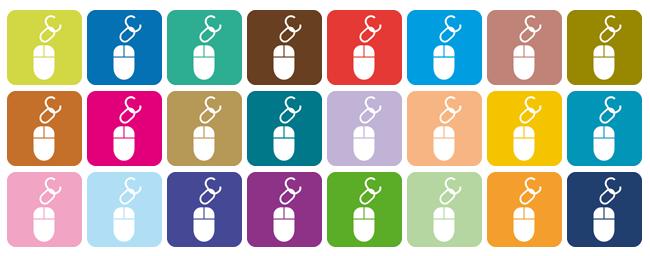Eritrea: Stifled by cyber-censorship
In case you missed it, March 12th was World Day Against Cyber-Censorship. The primary goal of this day is to shed light on governments that limit freedom of expression over the Internet.
The good news first: No African nation is considered an ‘enemy of the Internet’ by Reporters Without Borders’. That is, no African nation (as of press time Libyan connections were still live) completely blocks Internet access or kills individuals for blogging. However, along with Tunisia, Libya, and Egypt – all North African nations currently facing extreme political instability – Eritrea has again made the Reporters Without Borders list of countries under surveillance. Despite a worst-in-the-world ranking on the Press Freedom Index for 2010, Eritrea does boast Internet access. Unfortunately, most Internet access is closely monitored by the government. In light of protests in the Arab world, Asmara’s grip over the Internet has tightened; hence this year’s inclusion on the cyber-censorship watch list.
A press release on the subject, published on both RSF.org and Asmarino, an online community for friends and residents of Eritrea, highlights dozens of interesting facts about the nation:
- 3.5% Internet penetration rate (ITU has the number at 4.3% due to varying population figures)
- 250,000 Internet users
- Connected to Internet in year 2000 (last African country to do so)
- EriTel, the government-owned telecoms operator, rents infrastructure to 4 ISPs
- Connection speeds are low, so web browsing is limited
- Mobile Internet is rare
- 2 ISPs block select websites (including YouTube); 2 do not filter the web
- Only 40 cyber cafés exist and most as in Asmara
- The current stance from the government is that the Internet corrupts traditional cultural values and promotes pornography. Still, the government uses the Internet as a tool for its propaganda
The bottom line is that Eritrea’s Internet:
- Remains somewhat of a mystery due to the lack of independent press since 2001 and the lack of foreign media stationed in Asmara
- Lacks any sign of privatization
- Needs a broadband connection. Recently EASSy bypassed Eritrea and instead made landings at neighboring Sudan and Djibouti. There is no undersea cable on the horizon for Eritrea until at least 2013.
- Penetration and Internet growth rates somehow manage to be on par with other African nations, but such a fact does not necessarily mean progress…
Recent news suggests that EriTel is gradually strengthening the infrastructure (including the roll-out of 3G services) and is conducting a survey on mobile demand. Still, the lack of telecoms privatization is worrisome, as is the political climate in the Horn of Africa. Sudan is dealing with an independence referendum, Ethiopia tends to limit its Internet (but hasn’t been included on RwB’s surveillance list since 2008) and Djibouti lacks certain investment opportunities due to its limited GDP. A coastal location on the Red Sea should be conducive to lucrative business opportunities with oil-rich Middle Eastern nations, but ultimately such initiatives are at the mercy of Eritrea’s governing body.













 Twitter
Twitter Facebook
Facebook Pinterest
Pinterest